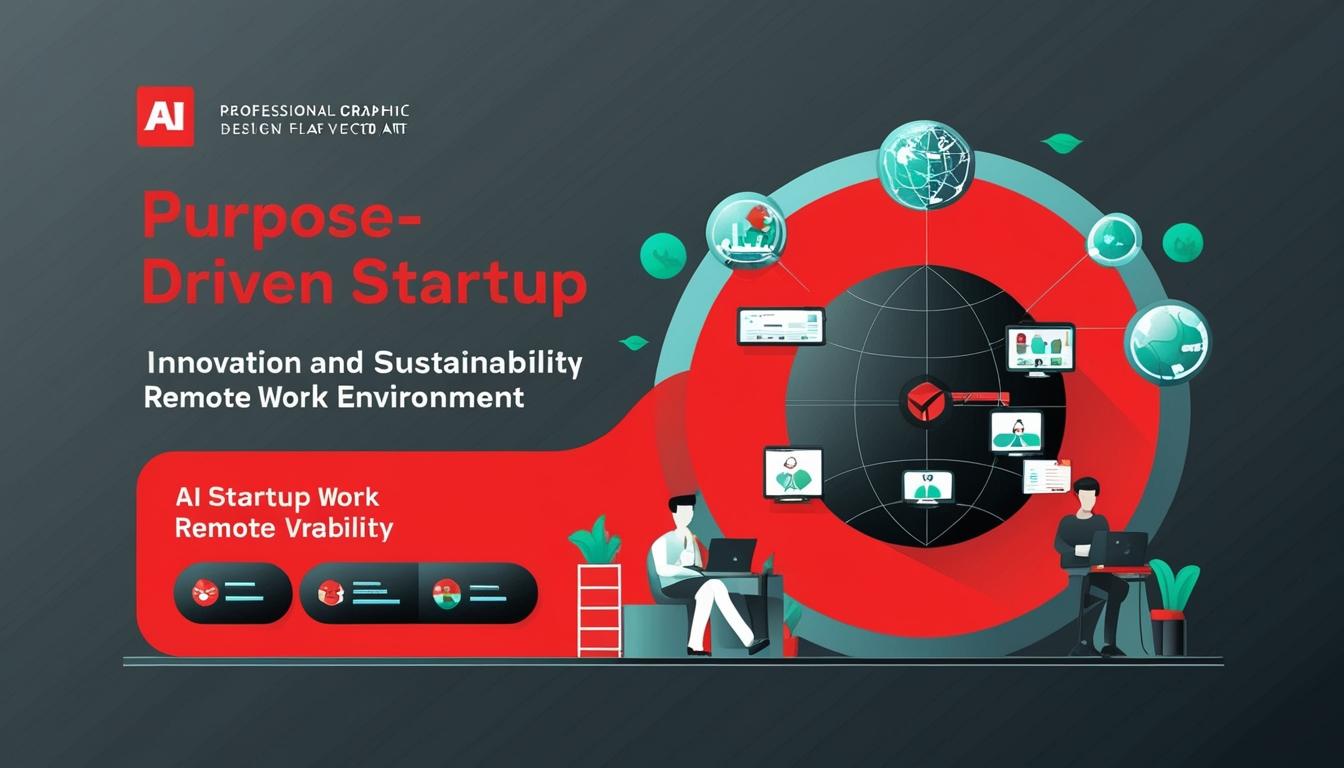Ann Marie Puig, a distinguished expert in entrepreneurship, has articulated key emerging trends expected to shape the startup landscape in the forthcoming years. Speaking to KillerStartups, Puig identified five predominant areas that entrepreneurs should closely monitor: the ascendance of purpose-driven startups, an intensified emphasis on artificial intelligence (AI) and automation, the widespread adoption of remote-first business models, a surge in green and sustainable technology, and the growing influence of venture studios and accelerators.
According to Puig, consumer and investor behaviours are increasingly favouring startups that integrate social and environmental considerations alongside financial gains. She noted, “Startups that embed purpose into their business model are more likely to attract funding and build loyal customer bases.” This shift highlights a nuanced understanding of profitability that extends beyond mere financial metrics to encompass societal and environmental responsibility.
Puig’s insights also indicate that sectors such as healthcare, education, and logistics are poised for substantial innovation powered by AI and automation. “AI is no longer a future concept; it’s a critical tool for startups looking to scale quickly and efficiently,” she stressed, suggesting that entrepreneurs must harness such technologies to enhance their operational effectiveness. With the ongoing evolution brought on by the pandemic, Puig pointed out the necessity for flexibility and adaptability, stating that remote work has gained traction as an enduring business model. “Remote-first startups can tap into a global talent pool, allowing them to build diverse and innovative teams,” she added.
In light of environmental challenges, Puig underscored the significant possibilities lying in green technology and sustainability efforts. “Sustainability is not just a trend; it’s a necessity,” she asserted, reflecting the broader movement towards eco-conscious business practices.
Furthermore, Puig highlighted the collaborative nature inherent in venture studios and startup accelerators, which are becoming pivotal in providing essential funding, mentorship, and resources for burgeoning businesses. “The ecosystem thrives on collaboration,” she remarked, emphasising the vital role these platforms play in fostering a supportive environment for startups.
While the landscape teems with opportunities, Puig recognised the challenges that entrepreneurs must navigate, including access to capital, challenges in acquiring talent, and uncertainties in market conditions. However, she expressed confidence that startups armed with a robust vision and effective execution strategies can overcome these hurdles.
To aid entrepreneurs in their journey, Puig offers strategic recommendations which include prioritising scalability, investing in technological advancements, embracing diversity and inclusion, forming strategic partnerships, and maintaining a customer-focused approach.
Looking to the horizon, Puig remains optimistic about the evolution of the startup ecosystem, envisaging a future marked by innovation, collaborative efforts, and meaningful social impact. “Startups have the power to drive transformative change,” she concluded, asserting that by aligning with these emerging trends and adhering to their foundational vision, entrepreneurs can establish ventures that achieve not only commercial success but also significant societal contributions.
Source: Noah Wire Services
